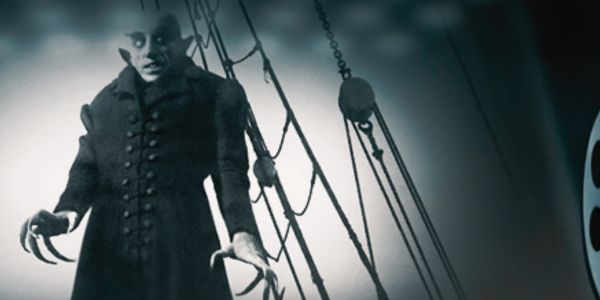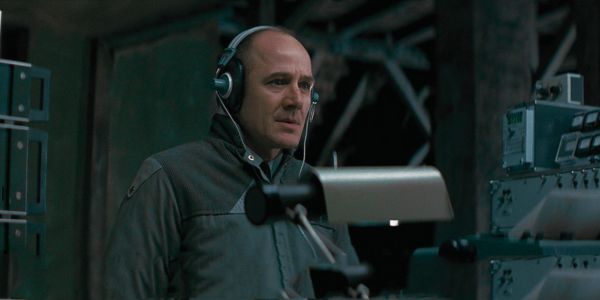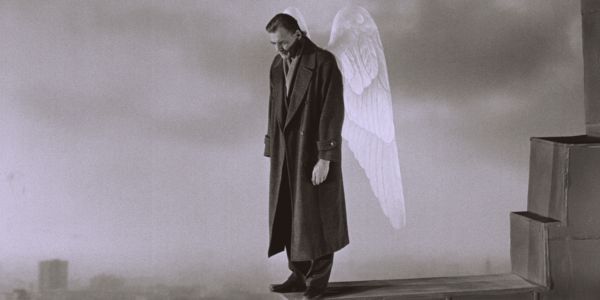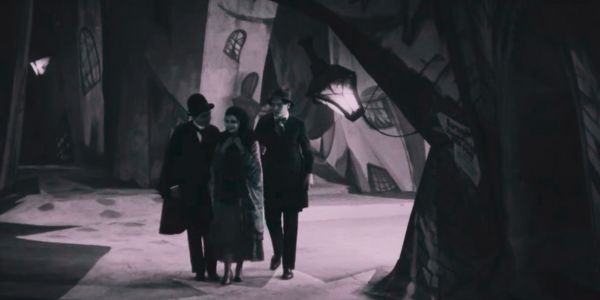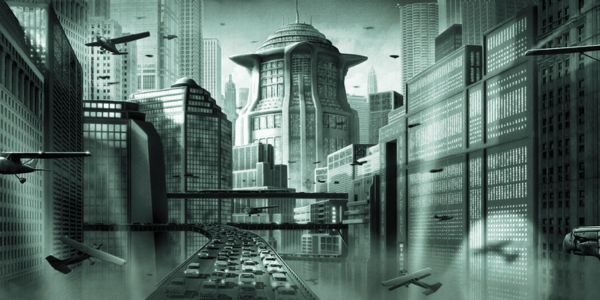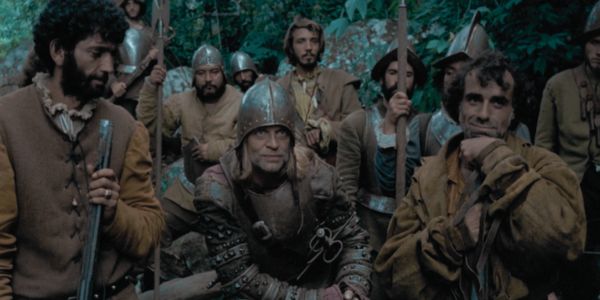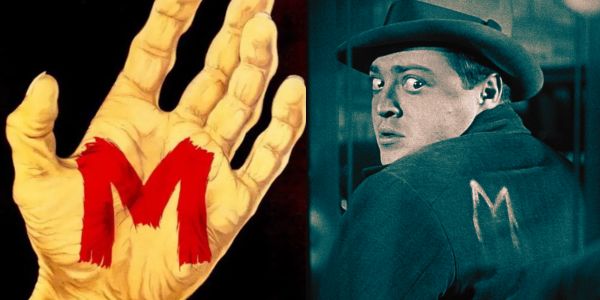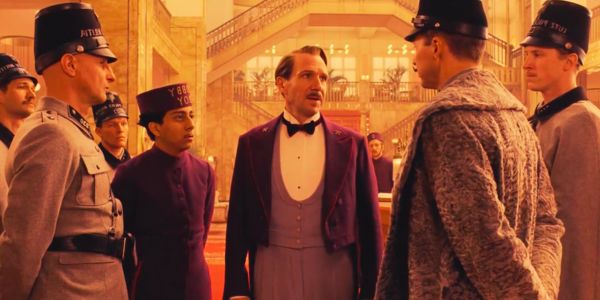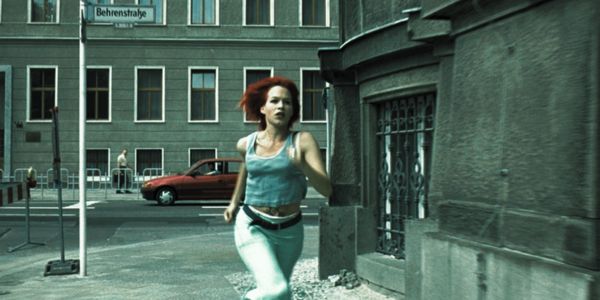Top 10 Greatest German Language Films of All Time
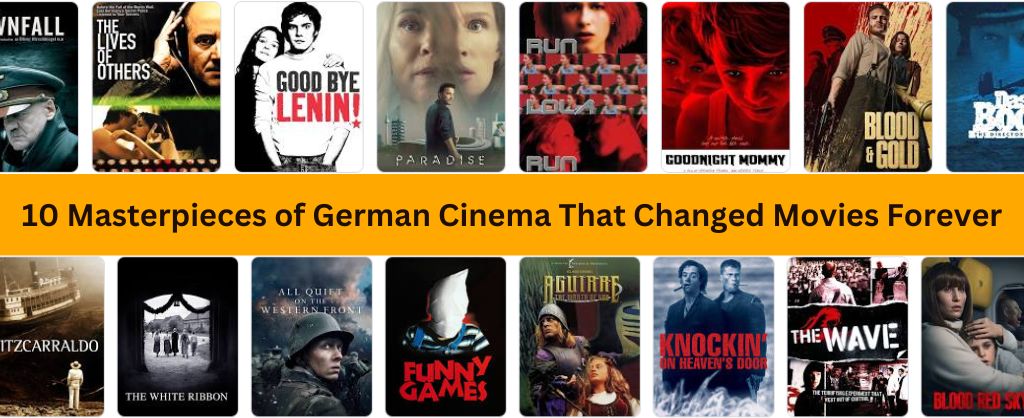
As a huge movie buff, I’m always seeking out films from around the world that offer new perspectives, captivating stories, and dynamic filmmaking. And without a doubt, German cinema has given us some of the most groundbreaking, thought-provoking, and visually stunning films ever made.
From the expressionist masterworks of the silent era to the New German Cinema revolution of the 70s and beyond, Germany has consistently produced movies that challenge conventions and expand our understanding of the medium’s possibilities.
The Top 10 Greatest German Movies Ever Made
In this article, I want to highlight what I consider to be the 10 greatest German language movies of all time.
I tried to cover a range of genres and eras, but these movies all share a common trait of being wildly innovative and influential. They’ve inspired generations of filmmakers and given us immortal images that forever enriched cinema.
#10 Nosferatu
Even people who haven’t seen this 1922 silent film know about Count Orlok’s dark, spidery silhouette, bald head, and long claw-like fingers. He’s probably the most visually iconic vampire ever put on screen. And nearly a hundred years later, Nosferatu still hasn’t lost its ability to creep audiences out.
Director F.W. Murnau ramps up the spook factor through the use of shadows and perfectly timed cuts to make Count Orlok a truly unnerving monster. The plague allegory also feels surprisingly relevant and resonant today.
The illegal adaptation of Bram Stoker’s Dracula obviously means changes had to be made from the source material. But in many ways, Nosferatu manages to be even more surreal and disquieting than its Gothic inspiration.
#9 The Lives of Others
Moving onto more contemporary fare, The Lives of Others is one of the most riveting and sober-minded dramas of the 21st century. Set in East Germany in 1984, it focuses on secret police agent Gerd Wiesler who’s assigned to spy on a playwright suspected of subversive views.
As Wiesler listens in on the playwright’s private life, he becomes more sympathetic to the man’s kindness, passion for art, and devotion to his girlfriend. Writer/director Florian Henckel von Donnersmarck crafts such an intelligent script that really gets at the moral quandaries inherent in a totalitarian system.
How far should the state be allowed to intrude into our private lives and thoughts in the name of order or ideology? With its unrelenting tension and superb performances, The Lives of Others earned its Best Foreign Film Oscar and status as a modern classic.
#8 Wings of Desire
Director Wim Wenders beautifully captures what it means to be human in Wings of Desire. Bruno Ganz and Solveig Dommartin give heartrending performances as an angel who falls in love with a trapeze artist and gives up his immortality to experience life beside her.
Wenders films everything with such pure poetry and wonder, whether it’s the streets of Berlin or Damiel the angel listening to people’s innermost thoughts. Even in black and white, Wings of Desire radiates with color and meaning.
Wenders reminds us how precious and fleeting each moment can be, and how acts of love, sacrifice, and friendship lend beauty to our all-too-short time on this planet. It’s the kind of film that makes you want to embrace every heartbeat.
#7 The Cabinet of Dr. Caligari
No list of groundbreaking German films is complete without this silent masterpiece from 1920. Directed by Robert Wiene, The Cabinet of Dr. Caligari’s surreal, distorted set design and bizarre visual style instantly transport viewers into its creepy, disorienting dream world.
Conrad Veidt delivers an unforgettable performance as the murderous somnambulist Cesare who kills people in a hypnotic trance. The disturbing storyline and striking imagery invent a new cinematic language to access our innermost fears and the terrors of the subconscious mind.
It’s amazing The Cabinet of Dr. Caligari was made over 100 years ago, because it remains profoundly influential on psychological horror films right up to this day.
#6 Metropolis
With its towering cityscapes, revolutionary special effects, and expansive vision, Metropolis was like few films that came before it. Director Fritz Lang casts his gaze centuries into the future, portraying a stunning and ominous urban dystopia defined by industrialization and rigid class divisions.
The gorgeous art deco visuals and architectural scale astound even today. But Lang backs it all up with equally powerful storytelling that warns of technology gone wrong and entitled elites who abuse working class people to preserve power.
Science fiction is always most compelling when it shines a revealing light on society’s present-day injustices. And Metropolis remains an iconic example done right.
#5 Aguirre, The Wrath of God
Werner Herzog and Klaus Kinski prove to be one of cinema’s most combustible director/actor duos in the fiery masterwork Aguirre, The Wrath of God. Set in the 16th century, Kinski delivers maniacally unhinged perfection as Spanish conquistador Don Lope de Aguirre on an ill-fated search for El Dorado that destroys everyone around him.
Shot on location in the treacherous jungles of Peru, Herzog captures all the danger, disease, and ravenous insects that gradually drive Aguirre mad with feverish dreams of conquest.
We feel the true viciousness of nature and the obsession of arrogant men determined to bend the wilds to their will. It’s a mesmerizing descent into colonialism and madness that demonstrates Herzog’s singular filmmaking voice.
#4 M
The great Fritz Lang makes his first sound film with M in 1931, which also happens to be one of the earliest serial killer dramas ever put on celluloid. Peter Lorre gives a landmark performance as child murderer Hans Beckert, who is hunted down by both police and members of the Berlin criminal underworld.
Lang pioneers new techniques in sound, editing, and using close-ups to take us inside the mind of a deeply disturbed killer. We understand this man’s compulsions and inner demons even as his crimes revolt us.
M remains an incredibly nuanced and humanistic film that refuses easy answers about good and evil. All these decades later, it hasn’t aged a day and retains its disturbing power.
#3 The Baader Meinhof Complex
Germany’s turbulent 20th century history has inspired many films, but few as electrifying as The Baader Meinhof Complex. The movie dramatizes the real-life events surrounding the radical militant group Red Army Faction (RAF) that terrorized West Germany from the late 60s-70s.
Director Uli Edel takes an objective journalistic approach, depicting the psychological motivations and escalating radicalization that drove young people towards violence.
The film’s clinical precision doesn’t romanticize the RAF members or condone their extreme methods. But it does provide chilling insight into how political fervor can morph into extremism when people believe society has stopped listening. The Baader Meinhof Complex aptly captures an explosive slice of history with white-knuckle suspense.
#2 The Grand Budapest Hotel
Leave it to Wes Anderson to create one of the most delightful and imaginative comedies of the 21st century. The Grand Budapest Hotel transports us to the lavish titular establishment in a fictional European country during the 1930s.
Ralph Fiennes gives a hysterical performance as unflappable concierge Monsieur Gustave, who mentors young refugee lobby boy Zero as they get swept up in a wild caper.
With each frame bursting in Anderson’s signature maximalist visual style, The Grand Budapest Hotel crafts an ornate fantasy world where old world elegance collides with screwball humor. It’s at once nostalgic, absurd, moving, and painted with the most vivid array of colors and textures. Anderson is a true original, and this ranks as one of his most infectiously fun confections.
#1 Run Lola Run
When I first saw Lola sprinting through the streets of Berlin with blazing red hair and fierce determination, I knew this was a breakthrough for German film. Director Tom Tykwer infuses Lola’s race against time to save her boyfriend’s life with pure visual adrenaline and an innovative episodic structure.
As Lola repeats her desperate 20-minute run three times, we see how tiny variations in timing and coincidence can explosively alter outcomes. It’s a dazzling examination of free will, chance, and the intersections of our lives.
Tykwer and star Franka Potente make us feel Lola’s exhaustion and burning will to overcome each increasingly absurd obstacle with amped-up editing and a techno soundtrack. Run Lola Run offered a wildly inventive new energy that still feels fresh and exciting decades later. To me, it epitomizes the boundary-pushing innovation possible in German cinema.
Germany’s Cinematic Gift to the World
And there you have it – my picks for the 10 best German language films that both exemplify cinematic greatness and had an enduring influence. Of course, with such a rich history, narrowing it down required omitting so many other worthy German movies.
From seminal silent films like The Cabinet of Dr. Caligari to modern masterpieces like Victoria, the innovations of German filmmakers could fill countless more lists. But I hope this diverse selection of groundbreaking movies inspires you to explore all that phenomenal German cinema has to offer.

